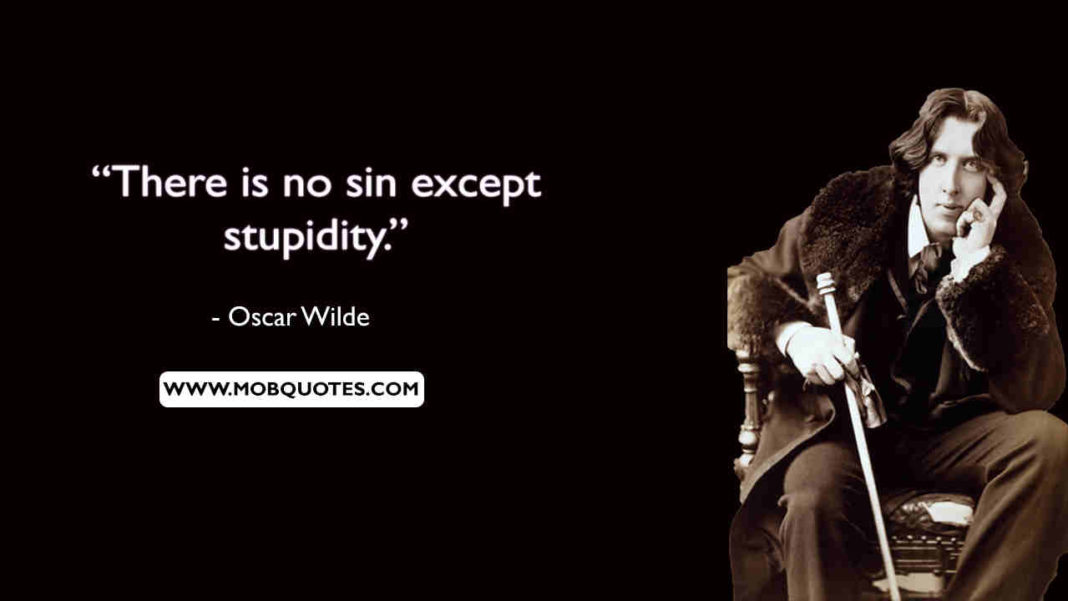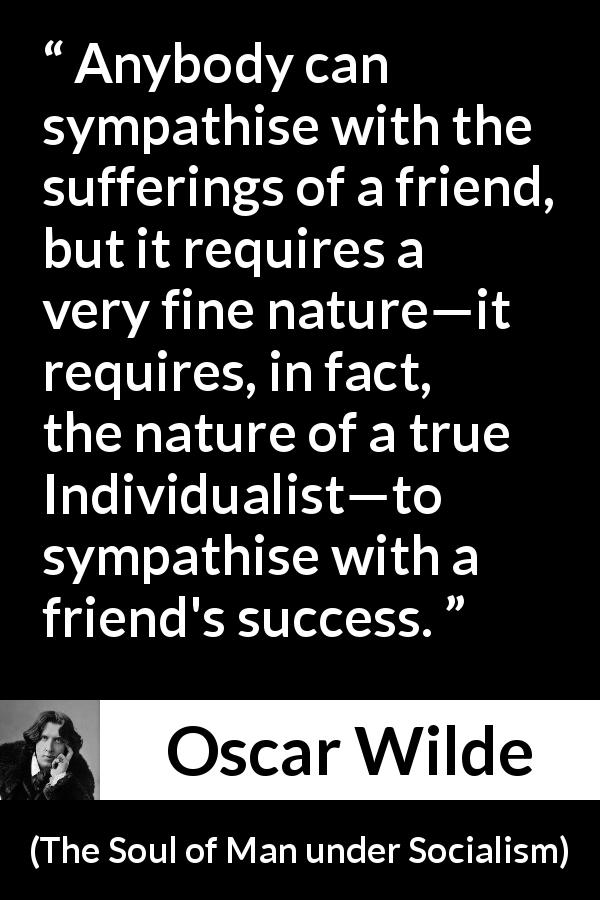

Wilde's name is routinely linked with Théophile Gautier's famous maxim " Arte per amore dell' Arte" ( art for art's sake).But perhaps it was his flair for self-publicity and his oft-quoted witticisms that his name truly endures in the consciousness of the public.

Wilde's star, which today burns brightest within the gay/queer community, has never diminished, however, and his legacy - exemplified by two classics of English literature, the Gothic novel The Picture of Dorian Gray and the stage satire, The Importance of Being Earnest - prevails through screen biographies and countless reinterpretations of his works. Ruined physically and financially, he lived out the final few years of his life in Paris, dying aged just 46. He was halted at the height of his fame when sentenced to three years imprisonment for illegal homosexual activity. At the same time, Wilde attracted public notoriety for his stream of witty aphorisms and his "effeminate" long hair, dandyish clothing and his devotion to flowers. He won fame as a dramatist, poet and novelist whose ideas on art, beauty and personal freedom formed a formidable challenge to Victorian puritanicalism. Oscar Wilde emerged in late nineteenth century London as the living embodiment of the Aesthetic movement.


 0 kommentar(er)
0 kommentar(er)
